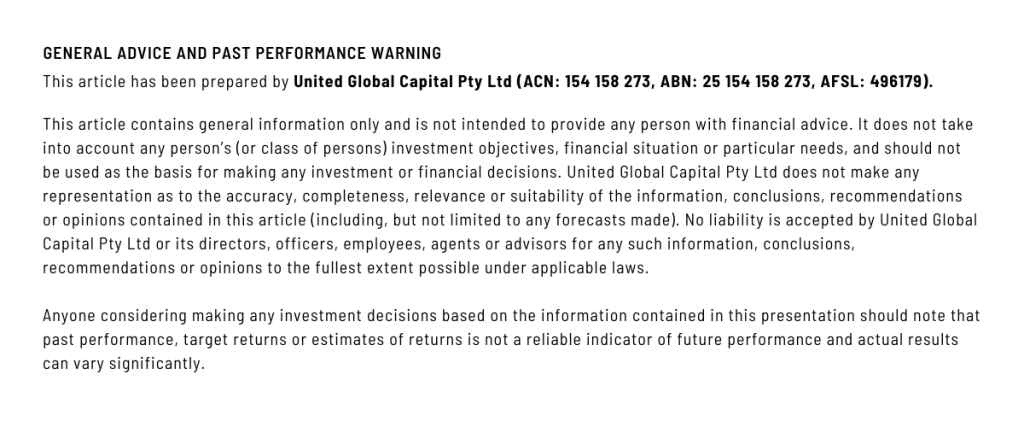What is Lenders Mortgage Insurance (LMI)?
When navigating the complexities of purchasing a home, understanding the various components of a mortgage can be daunting. One aspect that often prompts questions from homebuyers is Lenders Mortgage Insurance (LMI). LMI plays a crucial role in the home buying process, particularly for those who cannot meet the standard down payment requirements.

What is Lenders Mortgage Insurance?
Lenders Mortgage Insurance (LMI) is a type of insurance policy that protects lenders from financial loss if a borrower defaults on their home loan. Unlike other insurance types that safeguard the policyholder, LMI protects the lender, but it is the borrower who pays the premium. It is typically required when a borrower’s deposit is less than 20% of the property’s purchase price or appraised value, representing a higher risk to the lender.
How does LMI work?
LMI is designed to make homeownership more accessible by allowing buyers to purchase a home with a smaller deposit. For example, instead of requiring a 20% deposit, a lender might allow a buyer to purchase a home with only a 10% deposit if LMI is obtained. If the borrower were to default on the loan, the insurance would cover the lender’s financial loss up to a certain amount.
To put this into perspective, consider a buyer interested in a home valued at $500,000. Traditionally, a 20% down payment would be $100,000. However, with LMI, the buyer might only need to put down 10%, or $50,000, to secure the mortgage.
How LMI costs are calculated
The cost of LMI varies depending on several factors, including the loan amount, the loan-to-value ratio (LVR), and the borrower’s employment status. The LVR is a measure of the loan amount relative to the value of the property, expressed as a percentage. Generally, the higher the LVR (meaning the smaller the deposit), the higher the cost of LMI.
LMI premiums can be paid upfront as a one-time charge or capitalised onto the loan amount, allowing the borrower to pay it off as part of the mortgage. For instance, if the LMI premium is calculated to be $10,000, this amount can either be paid upfront or added to the total loan amount to be paid over time.

Pros and Cons of LMI for the Buyer
Pros:
- Increased Accessibility: LMI enables buyers to enter the property market sooner by reducing the required down payment.
- Higher Borrowing Capacity: Buyers might be able to afford a more expensive property than they could with a larger down payment.
- Flexibility: Offers an alternative for those who can afford mortgage repayments but have not yet saved a 20% down payment.
Cons:
- Additional Cost: LMI adds to the total cost of purchasing a home, increasing the overall financial burden on the borrower.
- Not Beneficial to the Buyer: The insurance protects the lender, not the borrower. In the event of a default, the borrower still risks losing the home.
- Interest Costs: If the LMI premium is capitalised onto the loan amount, the borrower will pay interest on the premium over the life of the loan, further increasing the cost.
Lenders Mortgage Insurance can be a double-edged sword. While it increases accessibility to the property market and can help buyers purchase a home with a smaller down payment, it also adds an additional cost that can accumulate over time if not paid up front at settlement.
Prospective homebuyers should weigh these factors carefully and consider their long-term financial plans when deciding whether LMI is right for them.
If you’re interested in purchasing a home or investment property then consulting with a financial adviser from United Global Capital can provide personalised advice and help you navigate these decisions with confidence. Contact us today to find out more.

